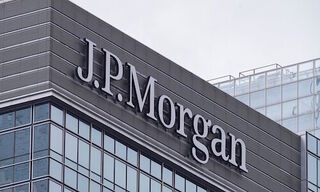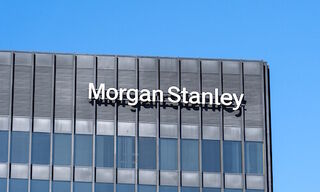In other regions of the world, the heads of family offices are much more upbeat than in Europe. Everywhere, however, the belief in alpha remains unshakable.
In the current difficult market environment, many family offices have realized that illiquid investment vehicles in particular are not performing as well as they thought, according to a recent survey by Blackrock.
Extended Arms
Family offices have realized that internal resources and technology are the biggest obstacles to improving performance and have turned to external partners to help them. By initiating direct deals with companies, to carry out due diligence or make allocations, these partners have become an extension of the family office, the survey found.
The challenges when investing in private markets, include getting access to the best direct deals and managers (41 percent), high fees (40 percent), liquidity constraints (35 percent) and lack of transparency (30 percent), according to the family offices.
Popular Equities
Since the 2010s, the importance of alternative investments has increased. However, the allocation is the highest in North America, at 43 percent, while in Latin America and Asia is it around 30 percent, according to Blackrock's research.
Overall, however, the portfolios of family offices are quite equity-heavy, with this asset class accounting for almost 40 percent on average. Although bonds have recently made significant gains, at around 14 percent they are well behind equities and alternative investments. However, 70 percent of respondents said they plan to increase their allocation to investment-grade government bonds.
Hunting for Alpha
Unwavering among nearly 80 percent of respondents remain the belief in finding excess returns in volatile markets, the so-called alpha.
Meanwhile, the need to be more agile in the search for new ideas and alpha opportunities is prompting family offices to review their portfolios or positions more frequently (76 percent) and increasingly seek input from external partners (64 percent) and peer networks (61 percent).
Widespread Pessimism
The outlook also depends on the size of the assets under management. Family office managers are more optimistic the more money they manage, the survey said.
Furthermore, the heads in Asia or Latin America are significantly more confident than their counterparts in Europe or North America.
Infrastructure Trend
Investment priorities will shift, in some cases significantly, data showed. Infrastructure investments are likely to benefit the most, with 42 percent of respondents planning to allocate more funds to this area.
These are followed by private credit (28 percent), direct private equity (23 percent), private equity funds (22 percent) and real estate (8 percent).
The world's largest asset manager surveyed a total of 120 single-family offices managing a combined $243 billion in assets across North America, Europe and Asia and Latin America between November 2022 and January 2023.


























